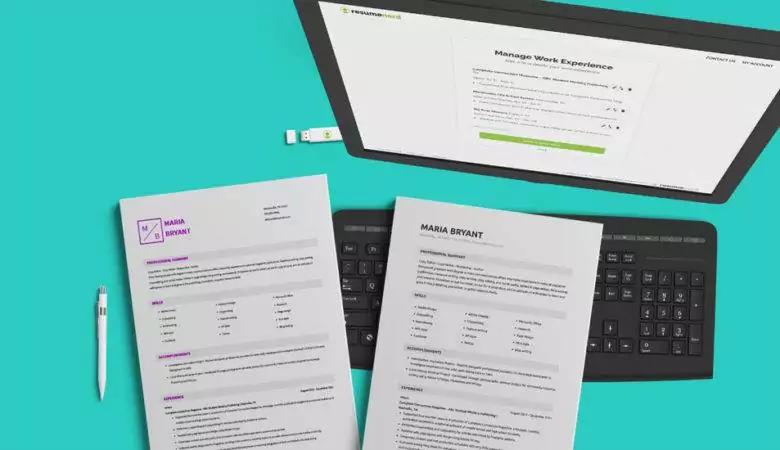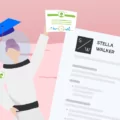Not sure what to highlight in your resume to land a nursing career? ResumeNerd has the top 5 essential nursing skills to add to your nursing resume.

The 4 Best Nursing Skills to Have on Your Resume
Nursing Skills
Healthcare is an industry that is seeing continued growth. Nursing, in particular, is slated to see around 194,500 openings per year for the next ten years, according to the U.S. Bureau of Labor Statistics. Even with this promising outlook, however, nurses still need to know how to write a good resume. Nursing requires a lot of different skills, and it can be difficult to know how to narrow it down to one small list. Let’s take a closer look into what skills you should add to your next nursing resume.

Why Are Skills Important to the Resume?
Your skills can say a lot about your work ethic and working style in just a few words. Healthcare professionals certainly have a lot of medical expertise, but you can only put so many skills down on a resume. Knowing which skills are the most valuable can save you a lot of time and space to write more about your work experience on your resume. Though nursing is mostly about caring for a patient’s needs, it also requires plenty of other skills, too. Soft skills such as effective communication, organizational skills, and teamwork can set you apart from other candidates that might not list these skills.
Four Nursing Skills To Add to Your Resume
Healthcare is a vast field, but at its core, you should have a few key skills under your belt to get started. Here are the top four nursing skills to add to your next nursing resume!
Specific Medical Skills
These are perhaps the most important skills any practical nurse should have. Clinical nursing skills will vary depending on your area of medical expertise. For instance, critical care nursing is far different from working in the pediatric ward. However, that doesn’t mean nurse practitioners don’t have specific medical knowledge and training to work off of, either.
Here are some of the most essential skills for a nursing job:
- Taking vital signs/reading patient charts
- Pain management and medicine knowledge
- Going over treatment plans or care plans
- Patient care
- Medical record management
- CPR and/or first aid
Technical Skills
A nurse will not only need to have specific medical knowledge, but they also need to know how to work medical equipment as well. Being able to administer successful injections or insert or take out a catheter can directly influence the pain management and overall well-being of any given patient.
Communication Skills
Effective communication is a great skill to have for the nursing industry. Nurses are often on the front line of many medical procedures, so being able to communicate clearly with your patients and fellow team members is necessary. Teamwork is especially crucial in the medical field, as you and your team will constantly need to care for dozens of patients with a variety of different health conditions.
Great interpersonal skills can also help you deal with difficult patients or family members, or thoughtfully inform a patient’s family of their relative’s condition. Knowing how to deescalate stressful situations is always a valuable trait to have.
Organizational Skills
There are lots of skills that can fall under this category. Organizing is more than just charting patients’ health and pain. It involves juggling multiple priorities at once.
Time management skills also fall under this umbrella. A successful nurse will be able to pivot from taking a patient’s blood pressure to handling a sudden issue within the emergency room with relative ease. Prioritization and adaptability are essential to the nursing field. By intuitively knowing which patients need the most help and shifting gears when needed, you can better look after everyone under your care.
If you are still having trouble picking out skills to place on your resume, look no further than the ResumeNerd blog for help. We have dozens of tips and tricks to spruce up your resume for your next big job search!
FAQs: Nursing Skills
Hard skills focus more on specific work-related competencies. For a registered nurse, this typically means having a wide array of medical knowledge as well as familiarity with medical software or equipment. Soft skills say more about an employee’s personality and approach to work. This can include traits such as:
- Effective communication
- Team player
- Resourcefulness
- Attention to detail
- Creativity
In order to become a registered nurse, you will need a valid nursing degree and several certifications before you can legally practice. Oftentimes, nursing students will gain this much-needed medical knowledge and technical expertise in a nursing program.
However, there are other skills that cannot be taught in school that will also help you land a career in the nursing profession. Communication skills, critical thinking skills, and decision-making skills are all valuable skill sets that you might learn from other places. Overall, it’s good to list a mix of hard and soft skills to prove you are a well-rounded candidate.
ResumeNerd has dozens of free resume templates for you to use. We also have an easy-to-use resume builder tool that can help you pick out key skills to place on your next resume. Now you can craft the perfect resume in just a few minutes.







